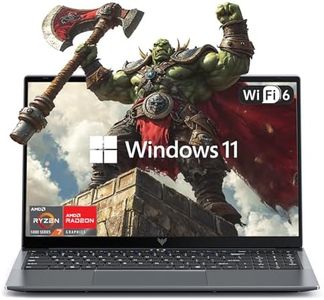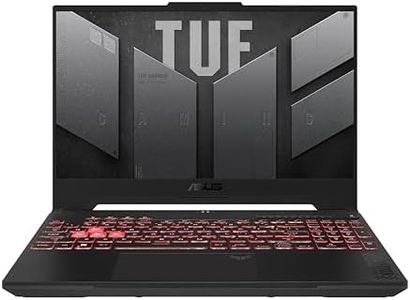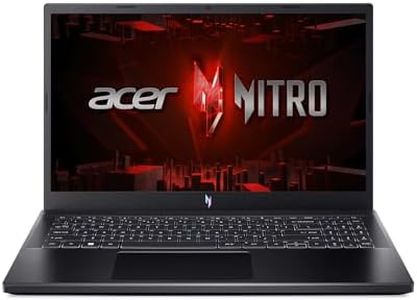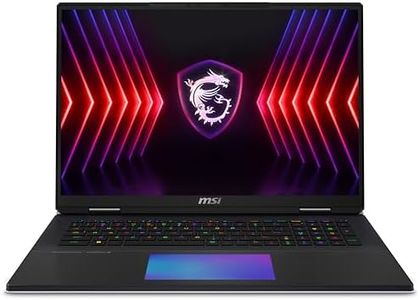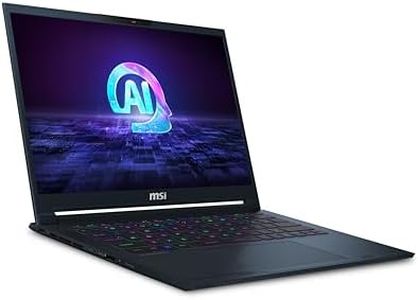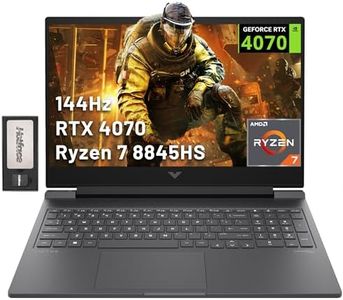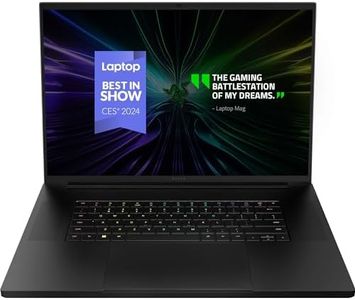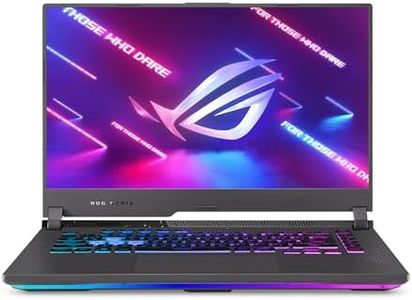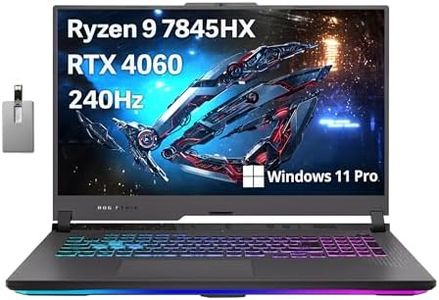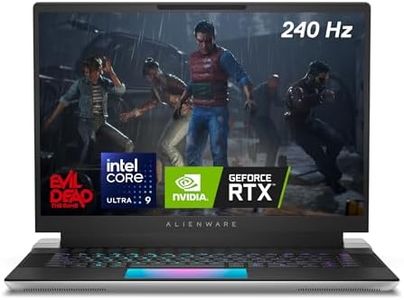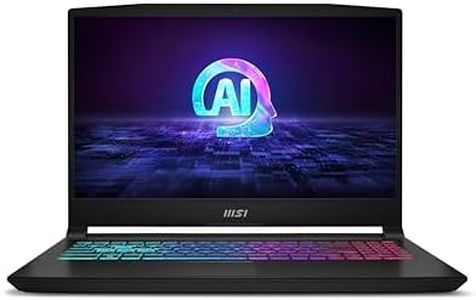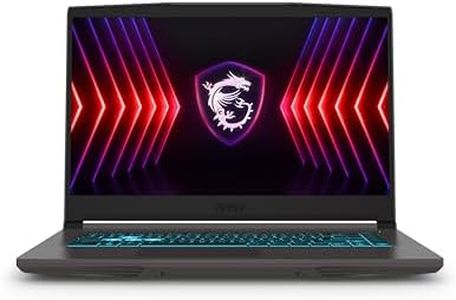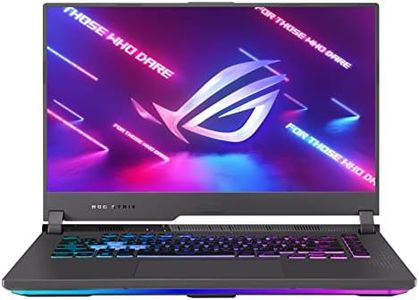10 Best Gaming Laptops 2025 in Canada
Our technology thoroughly searches through the online shopping world, reviewing hundreds of sites. We then process and analyze this information, updating in real-time to bring you the latest top-rated products. This way, you always get the best and most current options available.

Our Top Picks
ASUS TUF Gaming A15 (2024) Gaming Laptop, 15.6” FHD 144Hz, 100% SRGB Display, GeForce RTX 4060, AMD Ryzen 9 8945H, 16GB DDR5, 512GB PCIe SSD, Wi-Fi 6, Windows 11, FA507UV-AS91-CA
The ASUS TUF Gaming A15 (2024) is a solid choice if you're looking for a gaming laptop that balances power and durability. It packs a strong AMD Ryzen 9 8945H processor paired with an NVIDIA GeForce RTX 4060 GPU, which is great for running modern games smoothly at Full HD resolution. With 16GB of fast DDR5 RAM and a 512GB PCIe SSD, you get quick game loading and smooth multitasking. The 15.6-inch display has a 144Hz refresh rate and 100% sRGB color accuracy, making gameplay look fluid and vibrant, which is important for a better gaming experience.
Cooling is handled well by twin Arc Flow fans, reducing noise while keeping the system stable during long sessions. Also, the inclusion of a MUX switch helps improve gaming performance by routing graphics directly, which can give you a slight boost in frame rates. The laptop’s build quality meets military-grade toughness standards, so it should hold up well through regular travel and rough use.
It is a bit on the heavier side at 2.3 kg and has an average battery life of about 6 hours, so it’s less ideal if you want to game unplugged for long periods or carry it around all day. The keyboard is backlit, which is handy for gaming at night, but there’s no optical drive, which is common in modern gaming laptops. If you want a dependable, reasonably portable gaming laptop with strong specs and good screen quality that can handle most games well, the ASUS TUF Gaming A15 is worth considering.
Buying Guide for the Best Gaming Laptops
Choosing a gaming laptop can feel overwhelming because there are so many options and features to consider. The key is to focus on what matters most for your gaming experience, such as performance, display quality, portability, and how long the laptop can last on a single charge. Think about the types of games you want to play, whether you’ll use the laptop for other tasks like school or work, and how often you’ll need to carry it around. By understanding the main specifications and how they affect your experience, you can find a gaming laptop that fits your needs and helps you enjoy your favorite games smoothly.Most Popular Categories Right Now
